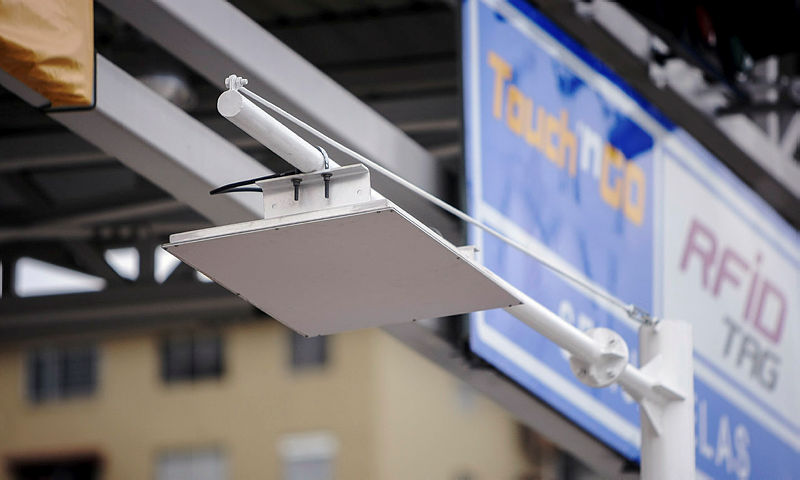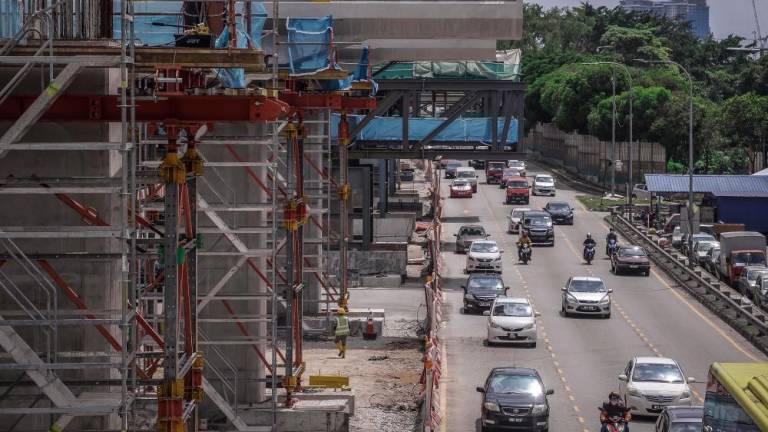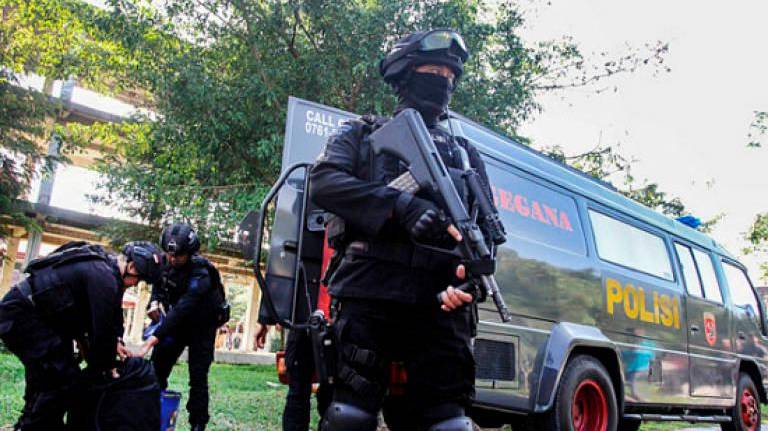KUALA LUMPUR: The Radio Frequency Identification Technology (RFID) pilot project at toll plazas has to be extended as there are flaws in the system that need to be improved before it can be officially launched.
Smart Tunnel Deputy General Manager Mohd Noor Ali said currently, the concession companies were working with Touch ‘n Go (TNG) to get feedback from users who have been registered for the pilot project.
“We find that some improvements have to be made during the trial period before it can be officially launched. They are the barcode detection levels from car stickers and the link with the ‘E-Wallet’ application.
“In comparison to a physical card that automatically states the balance, the RFID needs to be used together with the application but sometimes we find that it ‘crashes’, so this needs to be resolved first,“ said Mohd Noor.
He told reporters this after a breaking of fast with the media at an event jointly organised by Lebuhraya Shah Alam (Kesas), Lingkaran Trans Kota Holdings Berhad (Litrak), Sistem Penyuraian Trafik KL Barat (Sprint) and Smart Tunnel, here today.
He said that at present, the trial period for the RFID pilot project depended on reports and feedback from toll concessionaires and the public.
“So far, the concessionaires have received feedback on the RFID where at times, the boom barriers fail to open, there is “slow detection” and overcharging.
“If the system can be improved, the government will announce a date to officially launch the RFID,” he added
The RFID system uses a radio frequency chip contained in a sticker attached to the vehicle. It will replace the role of the Smart Tag device.
In total, there are 167 RFID TNG lanes that operate on 23 highways, involving 58 toll plazas. They include the Kuala Lumpur-Karak Expressway (KLK), Duta-Ulu Kelang Expressway (DUKE), SPRINT, Loke Yew (Besraya Expressway) and the Damansara-Puchong Expressway (LDP). — Bernama













